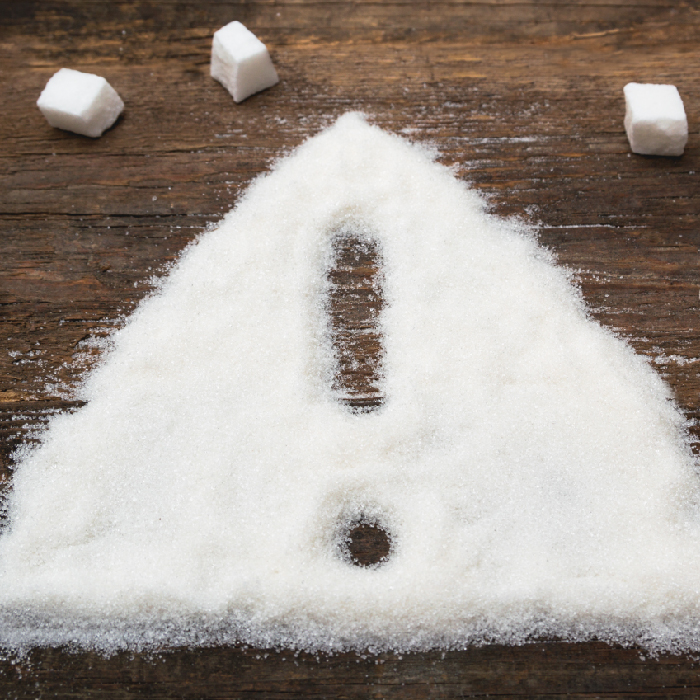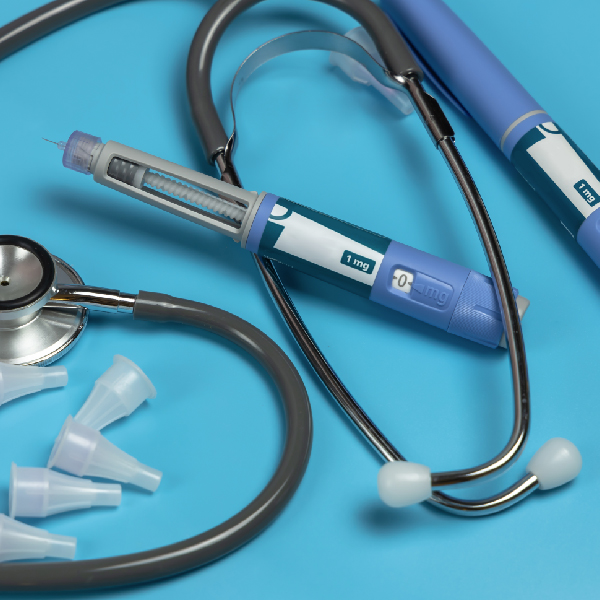Random Blood Glucose (RBG) values are often measured in bloodwork that involves glucose testing and involves a person who has not fasted before being tested. This test may not be valued as much as a fasting glucose test, and according to a recent study, the undervaluation of RBG by healthcare providers is leading to undiagnosed type 2 and prediabetes.
Researchers from UT Southwestern Medical Center analyzed data from over 13,500 patients to observe the correlation between the patients’ RBG compared and the patients’ diabetes status. Although RBG levels measured during screenings are currently not considered an indicator of risk of type 2 diabetes, the results of this study show something different.
What they found was even a slightly elevated RBG between 100 to 119 milligrams per deciliter (mg/dL), leaves the patient seven times more likely to have type 2. As you can imagine, the higher the RBG rose, the more the chances of diabetes increased. Patients with levels between 120 to 139 mg/dL were 30 times more likely.
“Our results provide compelling evidence that a single, elevated random blood glucose value is a strong risk factor for diabetes”, says Michael Bowe, MD, Dedman Family Scholar in Clinical Care at UT Southwestern, and lead author of this study.
There is sure to be continued study between the correlation of Random Blood Glucose values the risk of diabetes, but if continued analysis shows that these values are potential diabetes indicators it can play a key role in the diagnoses and prevention of diabetes.
Source: UT Southwestern Medical Center





